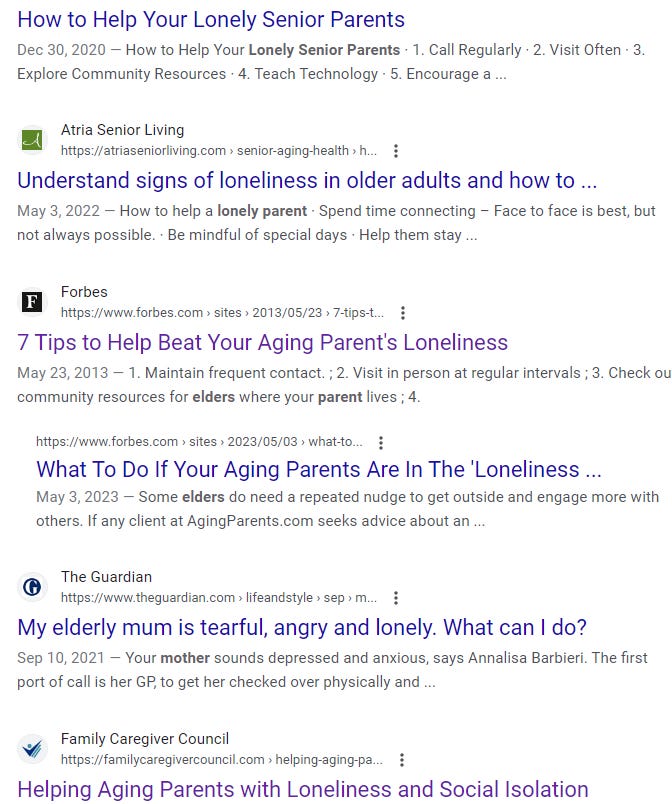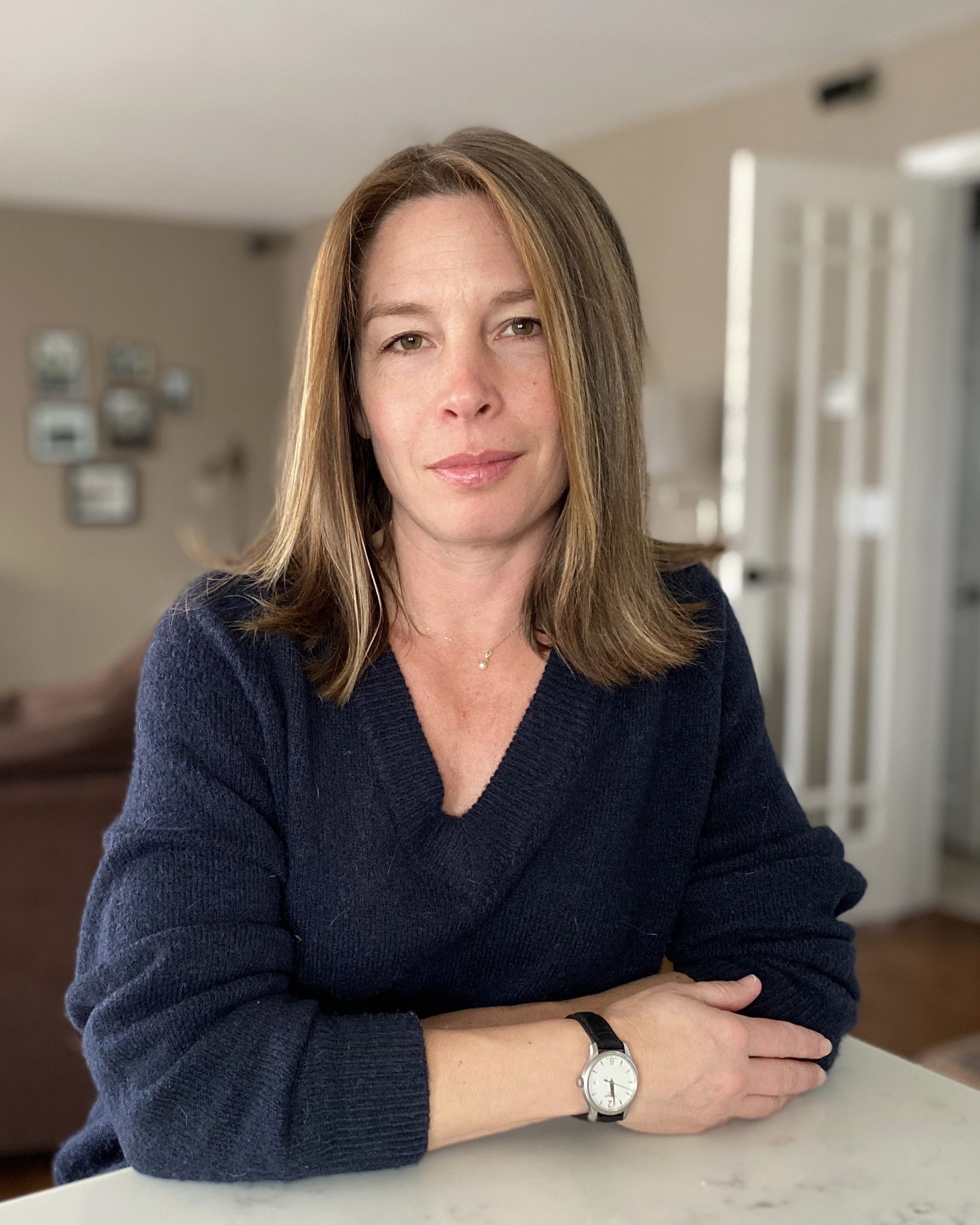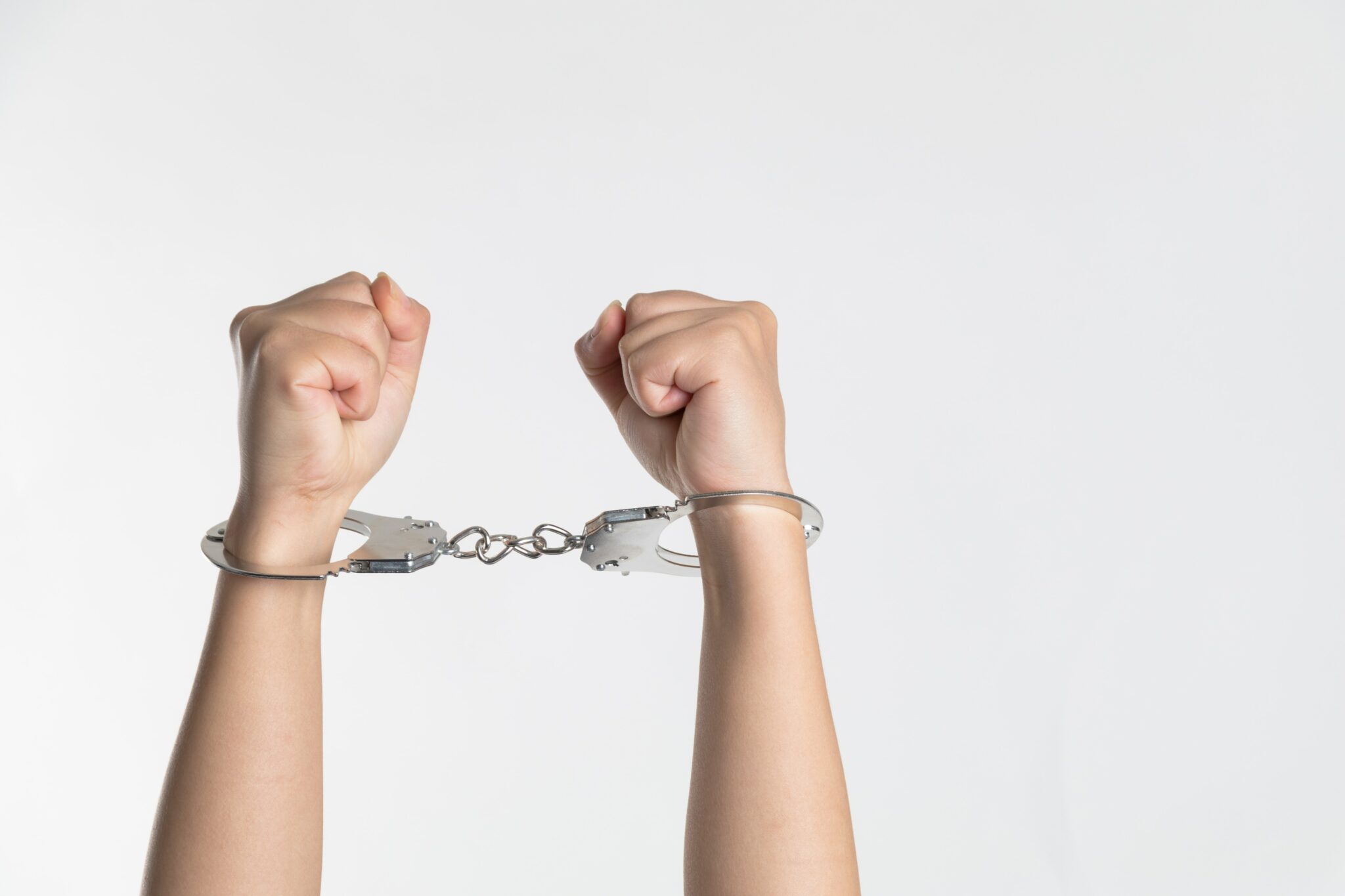“I shouldn’t say never but I’m dreading motherhood.”
I saw that tweet years ago and haven’t been able to forget it. It sticks with me because I used to feel that way. In my first post-high school relationship, as a girlfriend to the guy who’d become my first husband before I turned 20, I sensed “motherhood” lurking in my future, threatening me with the life I’d see coming through the commissary every day where I bagged groceries: woman, full shopping cart, straggling kids.
The idea that parenthood was any way to spend a life was something I so mistrusted that I started asking cashiers, after the military mother-and-kids whose groceries I’d just bagged were out of earshot, “If you could go back in time and have kids again, would you?”
Most of them – 8 out of 10 (I still remember) – said no.
I didn’t know, yet, that I could get out of parenthood. As far as I knew at that age, it would always be out there. Waiting.

The tweet also stuck with me because, as someone who escaped what I’d thought would be an inevitable life, I hate to see anyone else feeling trapped by a future they don’t want to realize. Especially when there’s a very real chance they won’t find their way out before it’s too late.
That may sound overly dramatic to some. Many women have said/commented to us at Childfree Girls, “If you don’t want kids, don’t have them. No one ever pressured me to have kids, so I don’t see what the big deal is.”
That’s wonderful for those women.
But there are also women, like an anonymous guest, a pediatric endocrinologist who grew up in India, we once interviewed on Childfree Girls who was ambivalent about having children but was still considering undergoing IVF treatments because:
I decided to be brutally honest with myself and ask myself, “Why do I—I’ve got all this going. What is it that I want from having a kid?” And if I am honest, I think it’s just that I don’t want to be pitied.
I feel like it’s toxic, this process of needing to have children in order to fit in, and then having more children because it gives you this safe, like, persona. But that’s where we are, and at this point, if I’m being honest, my only desire to have a child is just so that I will not have this pity. … That’s not a good reason.
This messaging includes:
The lie | “You’ll regret not having kids when you’re older.”
But when it comes to the regret of not having children by choice, a PLOS One: Population and Aging study published in April 2023 found “no evidence that older child-free adults experience any more life regret than older parents,” according to study co-author Jennifer Watling Neal.
In fact, it’s hard to find more than one study that supports the claim that people (well, women) who choose not to be parents will live to regret it. But there is one study, and that study, conducted in 2015 by Edith Cowan University families researcher Bronwyn Harman, found that of the 330 childless and childfree women Harman surveyed, 25 percent of the childfree (not childless, but intentionally without children) women regretted their decision once they were too old to reproduce and “were contemplating old age alone.”
Incidentally, on the topic of scare tactics and pressure, the Sidney Morning Herald, in its reporting on Harman’s research, closed its article with an admission from a childfree couple that there was a chance they’d regret their choice when they reached their 70s or 80s, which was followed by a quote from a childless woman who felt misunderstood by peers who, she thought, assumed she’d made the conscious choice to not have children, giving them the impression she was “selfish and career oriented.”
In short, the Herald article subtly warned readers of the dangers of choosing not to become parents, hinting that even if you never regret it, people will still probably think you’re selfish.
Conversely, ABC Radio Perth, in its reporting on the same study, included Harman’s original, additional thoughts about the 25 percent of childfree people who, when older, “regretted not having family around them” and regretted that they “wouldn’t have [anyone] to hand things down to, [so] they had no reason to collect things”:
“But regret can be a fleeting thing. When you are in your 50s or 60s or older, it is quite normal to look back at your life, whether you have children or not, and think about your life and perhaps other decisions you could have made.”
Dr Harman said her message to people who were unsure about having children was “if you don’t know, don’t do it.”
“Parenting is a really big commitment and it is a lifetime commitment,” she said.
“People shouldn’t feel pressured to conform to society’s norms. Society shouldn’t be pressuring people into having children anyway.”
The truth | You’re more likely to regret having kids you sort of or don’t really or aren’t sure you desperately want than you are to regret not having kids you don’t want.
Getting old, having a spouse and friends and family die, and suddenly wishing you’d had kids (without having had to actually have them and raise them and live that entire life) isn’t as much “regret” as it is wishful thinking: “I wish I had someone here so I wouldn’t be alone (assuming my children, if I had them, would be here with me so I wouldn’t be alone).”
It’s not quite the same as actual regret, which, for a person without children, would be something like, “I always wanted kids, but I thought it was smarter to wait/decided to humor a partner who didn’t want kids, and now it’s too late and I don’t have the children I always wanted, and I never will.”
Many parents experience actual regret. And it happens almost immediately rather than waiting for them to get old.
- 7 percent of Americans say they’d have zero kids if they could do it over (Gallup poll)
- 20 percent of Germans polled say they regret having children (YouGov)
- 8 percent of polled parents in the UK have regrets (YouGov)
And according to Orna Donath, author of Regretting Motherhood, one of the leading causes of parental regret is societal pressure that leads to women having children they don’t want in order to be accepted.
“As someone who works with a lot of parents, you’d be surprised at how many folks with kids never wanted them but felt pressured to do so.”– From the comments section of Buzzfeed’s “19 Women Got Brutally Honest About Why They Don’t Want Kids”:
. . .
The scare tactics don’t stop at one. There are more!
The lie | “You’ll be lonely in old age if you don’t have kids.”

A perfect example of people not caring whether women have children is Christian influencer Dale Partridge, who has 111.1k (possibly authentic) followers on Twitter, was featured on the Today, People, and Fox News websites for a Facebook note he wrote about loving his wife, and is the author of the Wall Street Journal best seller People Over Profit, as well as a few Christian-themed books.
Partridge is just one of many voices using the certain horrors of loneliness and emptiness to scare women into reproducing. (It’s not even interesting to get this response to not wanting children, it’s blurted so frequently.)
The truth | Not having children doesn’t make you lonelier than having children. But having children might make you lonelier.
Additionally, a 2003 University of Florida survey of 3,800 men and women age 50-84 found that “elderly people who never had children are not necessarily more psychologically vulnerable in older age than those with families.”
More recently (2021), Oslo Metropolitan University reported that, according to Norwegian Social Research institute researcher Thomas Hansen, “The widespread perception that having children leads to more happiness is based on established myths about parenthood.”
“There is little difference when it comes to loneliness … between people with children and those without,” Hansen said. “It’s a myth that you have to have children to have a good life in old age.”
The same seemingly isn’t true for new or younger parents. Or parents, period.
- Huffington Post UK reported in 2017 that parenting site ChannelMum.com had conducted a survey of 2,025 mothers (a much larger, and therefore probably more representative, sample, than the 300-something childless/childfree women in that other survey) and found that 90 percent “admit to feeling lonely since having children.”
- “The impact of loneliness on parents is huge and cannot be overstated,” Aisling Leonard-Curtin, co-director of ACT Now Purposeful Living and author of The Power of Small said. (Irish Times)
- “After over 15 years of motherhood, those feelings [of loneliness] are still there,” writes Katie Bingham-Smith for Scary Mommy.
- “It is plausible to assume that while parenthood may help to mitigate loneliness as there is a dependent infant to care for, there is evidence to suggest that loneliness may be exacerbated by becoming a parent,” according to a 2017 SAGE Choice study.
- Post-pandemic, “About 65% of parents and guardians are classified as lonely, a 10-point gap compared to non-parents (55%). They also report a strong sense of feeling left out, as 42% of lonely parents always feel this way compared to 24% lonely non-parents.” (Cigna Group)
And even if, hypothetically, having children didn’t cause loneliness, it doesn’t look like it would do much to prevent it:

None of the above is shared smugly. I’m truly bothered by the manipulation that leads people into parenthood that they aren’t either remotely excited or even minimally informed (or, worse, are horribly and intentionally misinformed) about.
And what’s here is only part of it. At the risk of this single post getting too long, I’ve decided to break it into two parts. Please watch for Part II of Scare Tactics & Lies.
“This book manages to avoid the sanctimonious or pedantic lecturing that a lot of fiction dealing with sensitive social topics can fall into, achieved by Tsetsi’s deft balancing of sincerity and humor. Definitely worth a second, if not third, read.”—Amazon Review
“Scathing social commentary.” — Goodreads Review
“The Handmaid’s Tale and The Farm, to name a couple, have opened the dystopian genre to questions about reproduction; however, The Age of the Child is one of the first I’ve read to really consider the issue of reproductive rights and attitudes so deeply.” — Rebecca Maye Holiday, author of The Beaches

Kristen Tsetsi is the author of the post-Roe v. Wade novel The Age of the Child, called “scathing social commentary” and “a novel for right now.” She is also the author of the novels The Year of Dan Palace and Pretty Much True (studied in Dr. Owen W. Gilman, Jr.’s The Hell of War Comes Home: Imaginative Texts from the Conflicts in Afghanistan and Iraq). Kristen’s interview series at JaneFriedman.com offers behind-the-scenes insights into all things writing and publishing.




